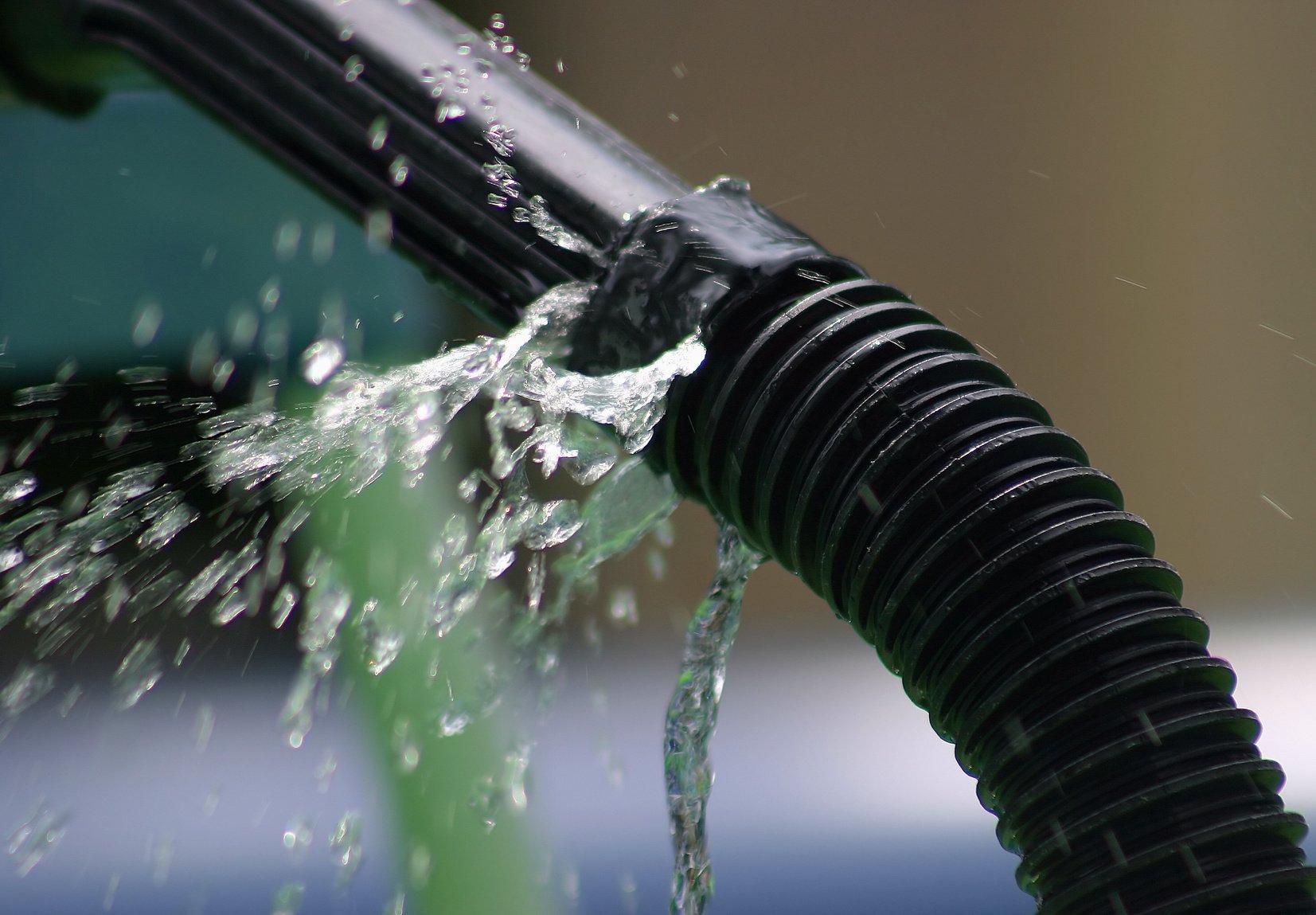Detailing the Six Most Common Causes of Home Water Leaks
Detailing the Six Most Common Causes of Home Water Leaks
Blog Article
Do you find yourself searching for answers around How to Find Water Leaks?

Leakages not only cause waste of water however can also trigger unneeded damages to your home and advertise unwanted natural growth. By looking as well as understanding for daily scenarios that trigger leaks, you can secure your house from future leakages as well as unneeded damage.
Trespassing origins
A lot of water leaks begin outside the house instead of inside it. If you notice an abrupt reduction in water stress, state in your faucet, take some time to head out and analyze your yard. You could discover damp patches or sinkholes in your lawn, which might mean that tree roots are attacking water lines causing water to leak out. You can have your plumber look for intrusion, particularly if you have trees or shrubs near your building.
Corroded water supply
As time goes by, your plumbing system ages and corrosion such as rust may start eating away the pipes. This may be the source of discoloration or warping on your water pipes. This asks for an inspection with your plumber instantly. Take into consideration changing the pipelines given that they are at a greater risk of corrosion than the newer models if our plumbing system is old.
Defective Pipe Joints
The point at which your pipes link is often the weakest web link in the waterline. Pipeline joints can degrade with time, causing water leakages. The majority of pipe joints are not easily noticeable. If you have loud pipelines that make ticking or banging noises, especially when the hot water is turned on, your pipe joints are possibly under a great deal of stress. It is advisable to have your plumber examine your system once a year.
Instant temperature modifications.
Extreme temperature level changes in our pipelines can trigger them to expand and also get suddenly. This expansion and also contraction might trigger splits in the pipelines, particularly if the temperature are listed below freezing.
Poor Water Connectors
At times, a leak can be triggered by loosened hose pipes and also pipes that provide your devices. In case of a water links leak, you might notice water running directly from the supply line or pools around your devices.
Blocked Drains
Obstructed drains may be annoying as well as inconveniencing, however they can occasionally end up triggering an overflow bring about burst pipes. Maintain eliminating any kind of materials that may decrease your drains pipes that can clog them to prevent such hassles.
All the above are sources of leakages but not all water leaks arise from plumbing leakages; some leakages may originate from roof covering leaks. All leaks ought to be repaired promptly to stay clear of water damages.
Leakages not just create waste of water yet can also cause unnecessary damage to your residence and promote unwanted organic growth. By comprehending as well as looking for day-to-day scenarios that create leaks, you can protect your home from future leaks and also unneeded damages. Today, we will certainly look at 6 leakage triggers that might be triggering your pipelines to drip.
At times, a leakage can be created by loosened tubes and also pipelines that supply your home appliances. In situation of a water connections leak, you may notice water running directly from the supply line or pools around your home appliances.
How To Check For Water Leak In Your Home
How To Check for Leaks
The average household's leaks can account for nearly 10,000 gallons of water wasted every year and ten percent of homes have leaks that waste 90 gallons or more per day. Common types of leaks found in the home are worn toilet flappers, dripping faucets, and other leaking valves. These types of leaks are often easy to fix, requiring only a few tools and hardware that can pay for themselves in water savings. Fixing easily corrected household water leaks can save homeowners about 10 percent on their water bills.
To check for leaks in your home, you first need to determine whether you're wasting water and then identify the source of the leak. Here are some tips for finding leaks:
Take a look at your water usage during a colder month, such as January or February. If a family of four exceeds 12,000 gallons per month, there are serious leaks.
Check your water meter before and after a two-hour period when no water is being used. If the meter changes at all, you probably have a leak.
Identify toilet leaks by placing a drop of food coloring in the toilet tank. If any color shows up in the bowl after 10 minutes, you have a leak. (Be sure to flush immediately after the experiment to avoid staining the tank.)
Examine faucet gaskets and pipe fittings for any water on the outside of the pipe to check for surface leaks.
Undetected water leaks can happen without the home or business owner even realizing. If you suspect a water leak, but not able to find the source. It is time to contact a professional water leak detection service, The Leak Doctor.
How To Find a Water Leak In Your Home
https://www.leakdoctor.com/blog/How-To-Check-For-Water-Leak-In-Your-Home_AE197.html

As a reader on Top Causes of Home Water Leaks, I imagined sharing that excerpt was beneficial. Sharing is nice. You never know, you will be helping someone out. I praise you for your time. Kindly visit our blog back soon.
Request Free Estimate Report this page